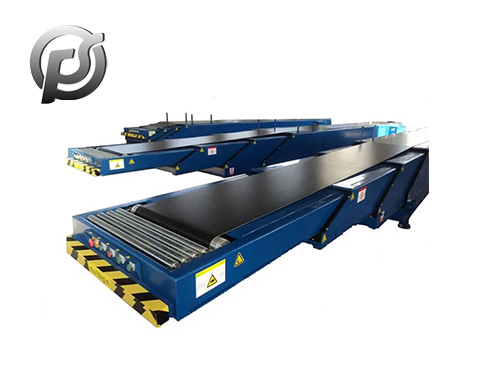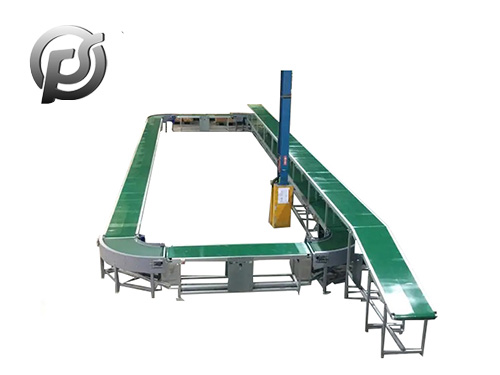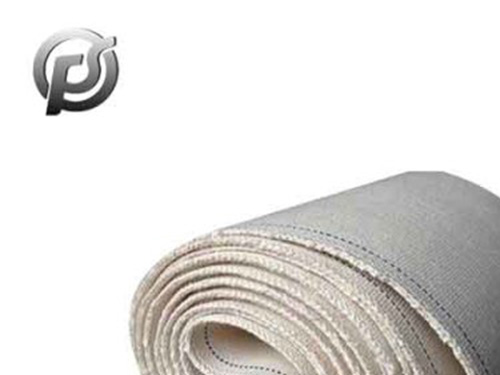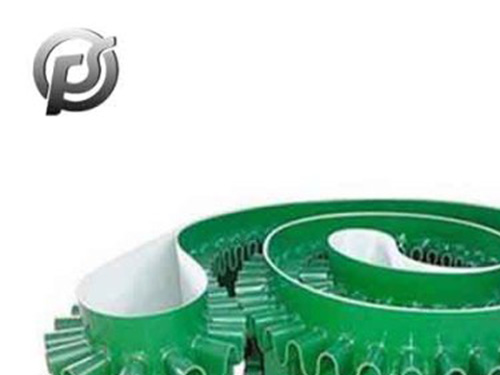PE conveyor belts, made from polyethylene (PE), are widely used in various industries for conveying materials and products. In this article, we delve into the characteristics, applications, and advantages of PE conveyor belts.
1. Characteristics:
PE conveyor belts exhibit several key characteristics that make them suitable for various applications:
Lightweight: PE is a lightweight material, making PE conveyor belts easy to handle and install.
Flexible: PE conveyor belts are flexible and can be configured to navigate around obstacles and corners, allowing for efficient material handling in tight spaces.
Chemical resistance: PE is resistant to many chemicals, oils, and solvents, making PE conveyor belts suitable for applications where exposure to chemicals is a concern.
Low friction: PE conveyor belts have low friction coefficients, reducing wear and tear on conveyor components and minimizing energy consumption.
Easy to clean: PE conveyor belts are easy to clean and maintain, requiring minimal downtime for routine maintenance.
2. Applications:
PE conveyor belts find applications in various industries and sectors, including:
Food processing: PE conveyor belts are used in food processing facilities for conveying food products such as fruits, vegetables, meat, and poultry. They are FDA-approved and suitable for direct contact with food.
Packaging: PE conveyor belts are used in packaging facilities for transporting packaged goods such as boxes, cartons, and containers. They provide smooth and reliable conveying, ensuring efficient packaging operations.
Agriculture: PE conveyor belts are used in agricultural settings for handling crops, grains, and other agricultural products. They are resistant to moisture and can withstand harsh environmental conditions.
Recycling: PE conveyor belts are used in recycling facilities for sorting, separating, and conveying recyclable materials such as plastics, paper, and metals. They facilitate the efficient processing of recyclable materials, contributing to sustainability efforts.
3. Advantages:
PE conveyor belts offer several advantages over other types of conveyor belts:
Cost-effective: PE conveyor belts are cost-effective compared to materials such as rubber or metal. They provide a reliable and durable conveying solution at a lower cost.
Durability: PE conveyor belts are durable and long-lasting, withstanding heavy loads and continuous use without degradation.
Low maintenance: PE conveyor belts require minimal maintenance, reducing downtime and maintenance costs associated with conveyor systems.
Versatility: PE conveyor belts are versatile and can be customized to meet specific application requirements, including belt width, length, and thickness.
In conclusion, PE conveyor belts are versatile, cost-effective, and durable conveying solutions suitable for various industries and applications. With their lightweight, flexibility, and chemical resistance, PE conveyor belts offer reliable material handling solutions for food processing, packaging, agriculture, recycling, and other industries. Ongoing advancements in material technology continue to drive innovation in PE conveyor belt design and manufacturing, leading to improved performance and efficiency in material handling operations.
 Custom Conveyor Belts: Enhancing Efficiency and Productivity
Custom Conveyor Belts: Enhancing Efficiency and Productivity
 Stone Belt Conveyor: Efficient Material Handling Solution for Mining and Construction
Stone Belt Conveyor: Efficient Material Handling Solution for Mining and Construction
 Exploring the Dynamics of Conveyor Belt Manufacturing in China
Exploring the Dynamics of Conveyor Belt Manufacturing in China
 Stone Conveyor Belt: Enhancing Efficiency and Productivity in Material Handling
Stone Conveyor Belt: Enhancing Efficiency and Productivity in Material Handling